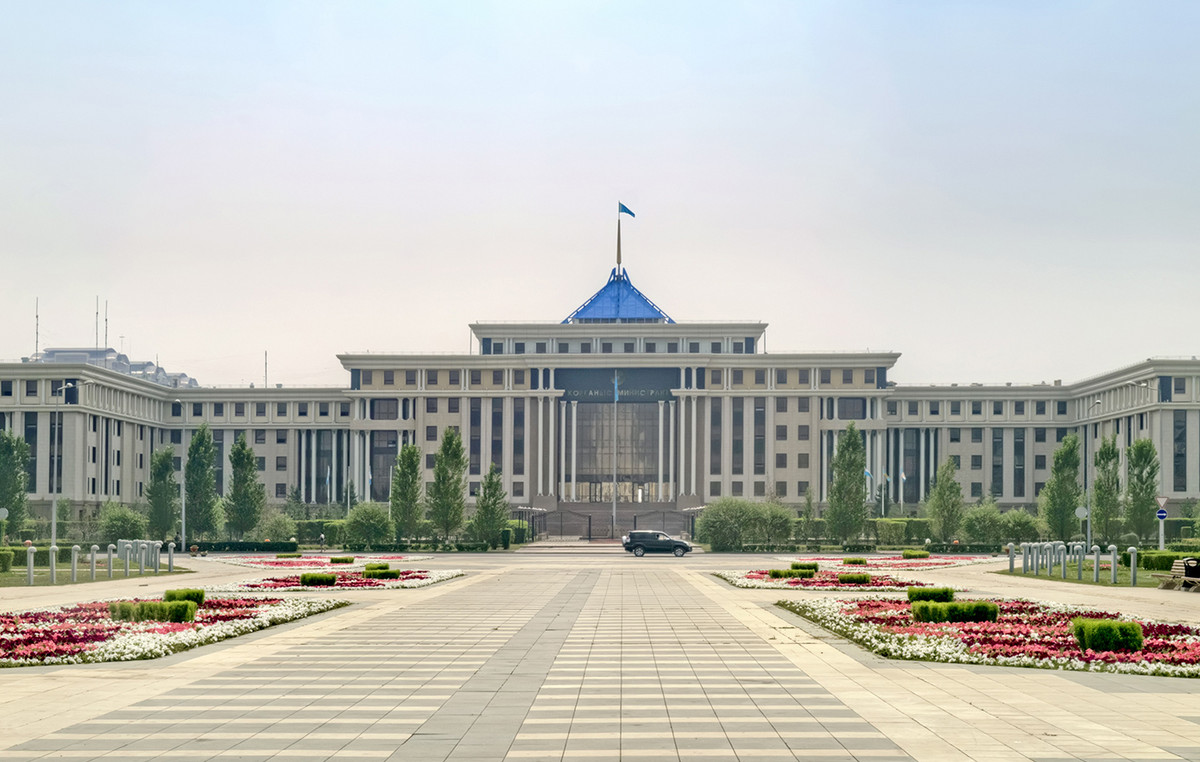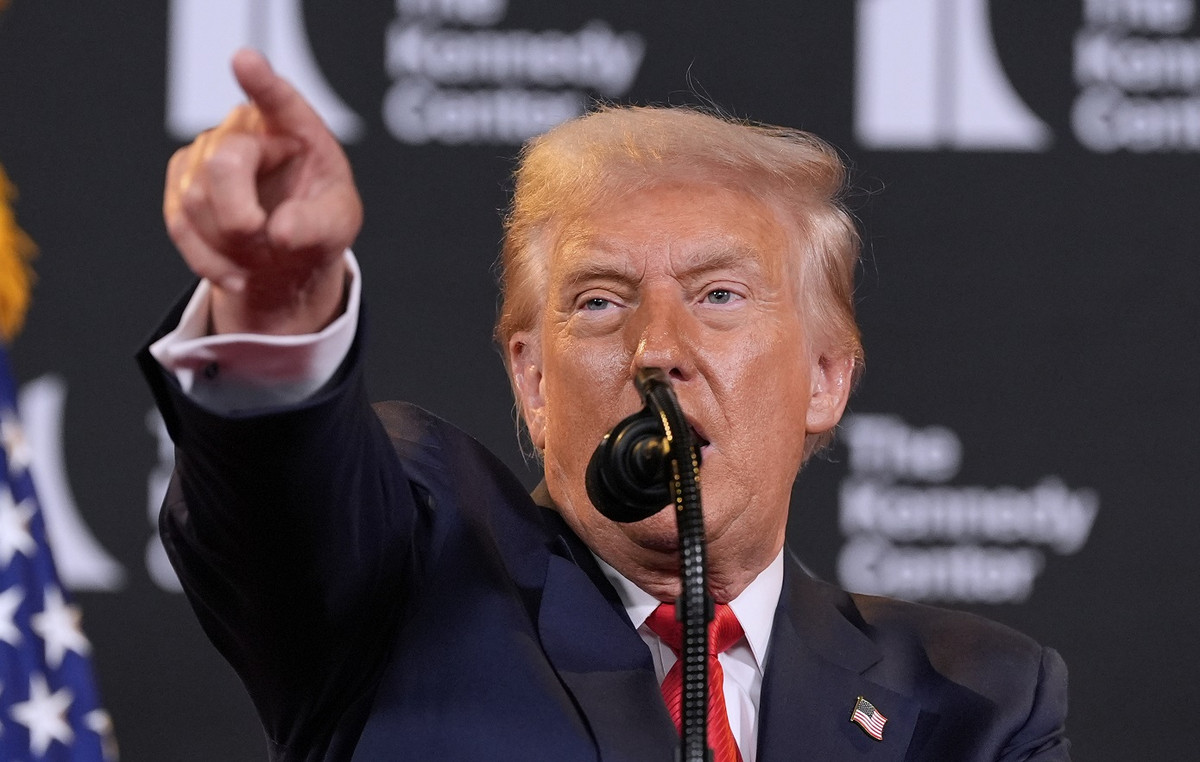Elon Musk is not happy with a new partnership between Apple and OpenAI, creator of ChatGPT.
In a post on X (formerly Twitter) on Monday (10), the Tesla CEO said he would ban Apple devices at his companies — which include SpaceX and AI announced on the first day of the Worldwide Developers Conference (WWDC 2024) event.
If Apple “integrates the OpenAI at the operating system level,” Musk said this would constitute “an unacceptable security breach.”
He added that visitors “will have to leave their Apple devices at the door, where they will be stored in a Faraday cage,” referring to a compartment that blocks electromagnetic waves crucial for communications, including cellphone signals, wireless internet and Bluetooth.
“Apple has no idea what is really going on when they hand over their data to OpenAI,” Musk said in a separate post. “They’re selling you for nothing.”
A CNN reached out to Apple and OpenAI for comment.
Musk’s comments came hours after Apple revealed the partnership with OpenAI at its annual WWDC conference, part of a broader effort to bring generative artificial intelligence tools to Apple products.
Under a new “Apple Intelligence” system, AI will be used to produce a smarter Siri voice assistant and offer more personalized tools to users. OpenAI’s technology will support some of these new tools — for example, allowing users to ask ChatGPT questions through their Apple devices.
Greg Brockman, president of OpenAI, said Monday night that ChatGPT would be integrated into Apple’s operating systems for iPhones, iPads and Mac computers. “We are partnering with Apple to integrate ChatGPT directly into iOS, iPadOS and macOS. It will be available later this year, very exciting!” he posted on X.
Musk, who co-founded OpenAI in 2015, now runs a rival company called xAI. He has a troubled relationship with his former company and CEO Sam Altman, and is suing both for allegedly violating OpenAI’s founding agreement and straying from its nonprofit mission.
OpenAI, in legal documents, dismissed these claims as “frivolous,” “extraordinary,” and “a fiction,” and separately suggested that Musk is essentially jealous that he is no longer involved with the company, given its success.
Given his history of broken promises and wild threats, it remains to be seen whether Musk will actually follow through with the ban on Apple devices or perhaps even expand that ban to include other brands.
For example, Alphabet’s Google and Samsung have already integrated new AI capabilities into Android devices. Microsoft, OpenAI’s largest investor, announced three weeks ago that it would integrate AI capabilities directly into Windows.
So Musk’s employees may have limited options if he wants to ban rival AIs — or even OpenAI — from his companies. But Microsoft, facing backlash over privacy concerns, said on Friday that it would disable some AI features by default.
“Apple’s AI approach is actually more privacy conscious than others, aiming to process as much as possible on device and with a workaround that explicitly asks users before sending information to OpenAI,” said Catherine Flick , professor of gaming ethics and technology at Staffordshire University, England.
“It remains to be seen how this workflow will be used in practice, but this just seems like resentment from Musk, who runs a competing AI company that didn’t receive Apple’s lucrative contract.”
OpenAI has become one of the leading companies developing generative AI. Apple, for its part, has lagged behind competitors including Google and Microsoft, which have moved more quickly to articulate an AI strategy.
Apple’s partnership with OpenAI could help the iPhone maker close this gap and accelerate its advancement in a technology that has enormous potential.
“This is a key moment for Apple, which has struggled with innovation recently,” wrote Matt Britzman, equity analyst at Hargreaves Lansdown, in a note on Tuesday. “Integrating a third-party tool like ChatGPT finally sets things in motion, while leaving room to develop internal models over the next few years at much lower costs than first movers.”
Source: CNN Brasil
Charles Grill is a tech-savvy writer with over 3 years of experience in the field. He writes on a variety of technology-related topics and has a strong focus on the latest advancements in the industry. He is connected with several online news websites and is currently contributing to a technology-focused platform.







